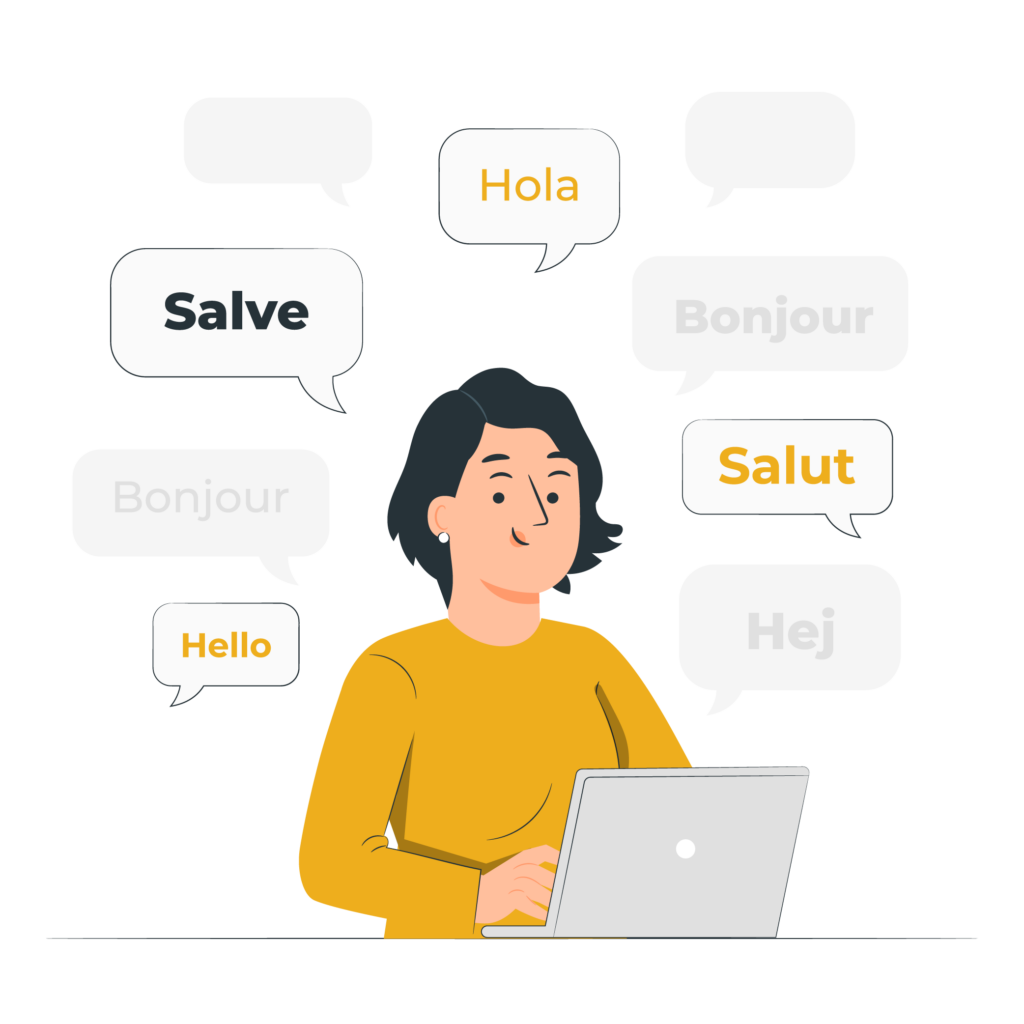Multi- Language
Multi-language support in Testa refers to the platform's ability to accommodate users with diverse linguistic origins by providing content, interfaces, and communication in several languages. This feature aims to improve accessibility and inclusivity by allowing users to communicate with the platform in their preferred language. Testa's multi-language support helps to create a more global and user-friendly experience by breaking down language barriers and allowing people with various language skills to participate successfully in the assessment and learning processes.

Multi-language
Features & Benefits
Here are the important elements and benefits related to multilingual support
User Accessibility
By offering a choice of languages, the platform ensures that users can navigate, understand, and engage with the content or functionalities in the language they are most familiar with. This not only facilitates a more inclusive and user-friendly experience but also eliminates language barriers, making the system more accessible to a broader and more diverse audience.
Communication Flexibility
Enabling effective communication among users, administrators, and support staff in a bilingual setting involves providing tools and features within a platform that facilitates seamless interaction in multiple languages. In practical terms, this means that users can communicate, submit queries, and receive support in their preferred language, creating a bilingual or multilingual support environment.
Customer Satisfaction
Inclusive User Experience
Catering to the language diversity of the target audience involves tailoring the user experience to accommodate individuals who speak different languages. In practical terms, this means providing content, interfaces, and communication in multiple languages to ensure that users can engage with the platform or service in their preferred language. As a result, the user experience becomes more inclusive and user-friendly, as individuals feel more comfortable navigating and interacting with the content when it is presented in a language they understand well.



